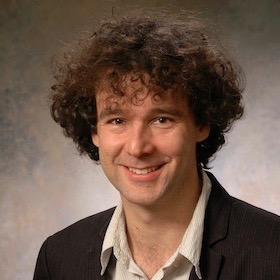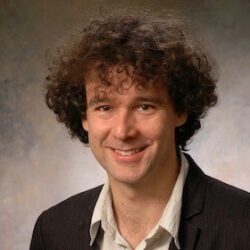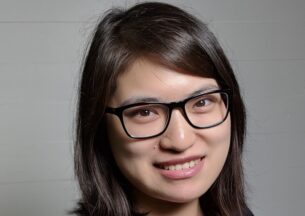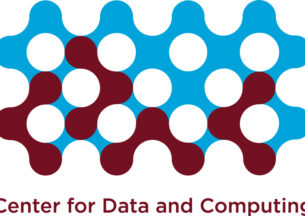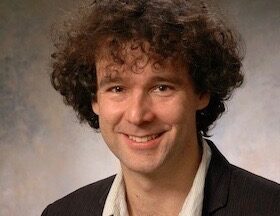Risi Kondor’s work is centered on basic machine learning methodology, often inspired by ideas from algebra and computational harmonic analysis. In recent years, much of the work in Risi’s lab has focused on the rapidly growing intersection between machine learning and science, including novel graph neural network architectures for chemistry, machine learning approaches to learning molecular force fields, and neural network approximations to quantum states. As part of this endeavor, his group has made foundational contributions to the theory of group equivariant neural networks, which are used in physics and chemistry, as well as computer vision and medical imaging. An integral part of the group’s work is the development of high performance, open source software libraries.
Risi is a member of both the Computer Science Department and the Computational and Applied Mathematics group in the Department of Statistics. He received his BA in mathematics from Cambridge and his PhD in computer science from Columbia University, followed by postdoctoral appointments at the Gatsby Unit (UCL) and the Center for the Mathematics of Information at Caltech. He also has a diploma in computational fluid dynamics from the Von Karman Institute and an MS in machine learning from Carnegie Mellon University. Risi has also worked in the deep learning team at Amazon Web Services and the Center for Computational Mathematics at the Flatiron Institute.
Research
Focus Areas: Computational Harmonic Analysis, Machine Learning
Current Research:
Generalized covariant neural network architectures
Multiresolution/multiscale matrix factorizations
Machine learning for many-particle physics
Learning (on) graphs and other combinatorial structures
Permutation problems and Fourier analysis on the symmetric group


